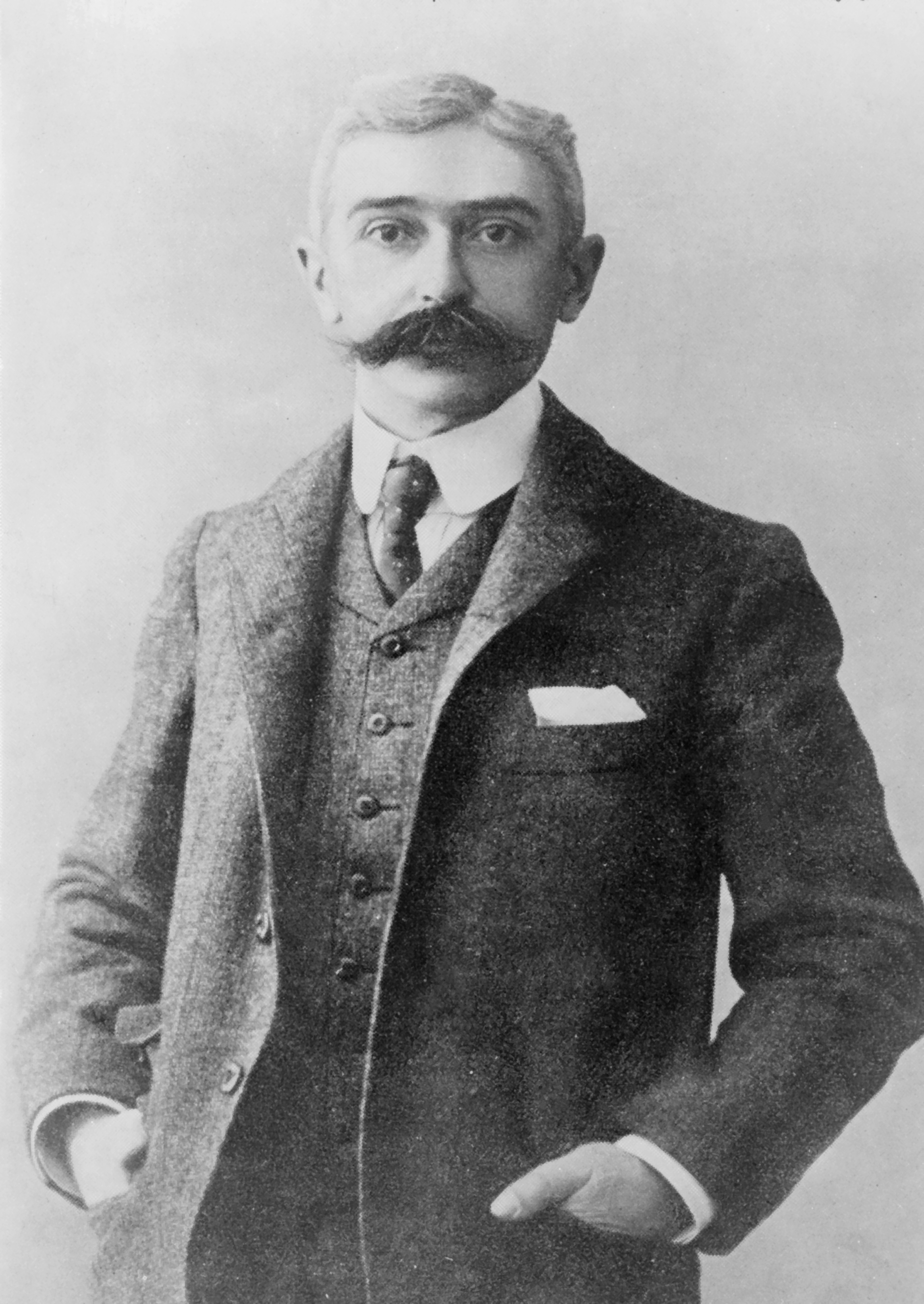Coubertin, Baron Pierre de, << koo behr tan, pyair duh >> (1863-1937), was a French educator who founded the modern Olympic Games. The original Olympic Games were held in Greece from 776 B.C. until the Roman emperor Theodosius I banned them in A.D. 393. Coubertin wanted to reform the French educational system, which he considered out of date and lacking in imagination. He believed that amateur sports could be the key to educational reform. Coubertin admired what he saw as sports’ emphasis on fair competition and the potentially noble and chivalrous character of physical exercise. He believed the ancient Olympics expressed those goals.

Coubertin first publicly proposed reestablishing the Olympic Games at a lecture in 1892, but his idea stirred little interest. In 1894, he founded the International Olympic Committee (IOC) and became its first secretary general. Through Coubertin’s leadership, the first modern Olympic Games were held in Athens, Greece, in 1896. Coubertin became president of the IOC that year. He held the position until 1925, when he resigned to dedicate himself to education. Coubertin published Olympic Memoirs in 1931, discussing his views of the intellectual and philosophical character of the Olympic movement.
Pierre Fredy de Coubertin was born on Jan. 1, 1863, in Paris, into an aristocratic family. He rejected his family’s proposals that he pursue a military or legal career to devote himself to education. Coubertin was also a sportsman who competed in boxing, fencing, riding, and rowing. Coubertin died on Sept. 2, 1937. His body was buried in Lausanne, Switzerland, the site of the headquarters of the International Olympic Committee. His heart was buried in Olympia, Greece, site of the ancient Olympic Games.
